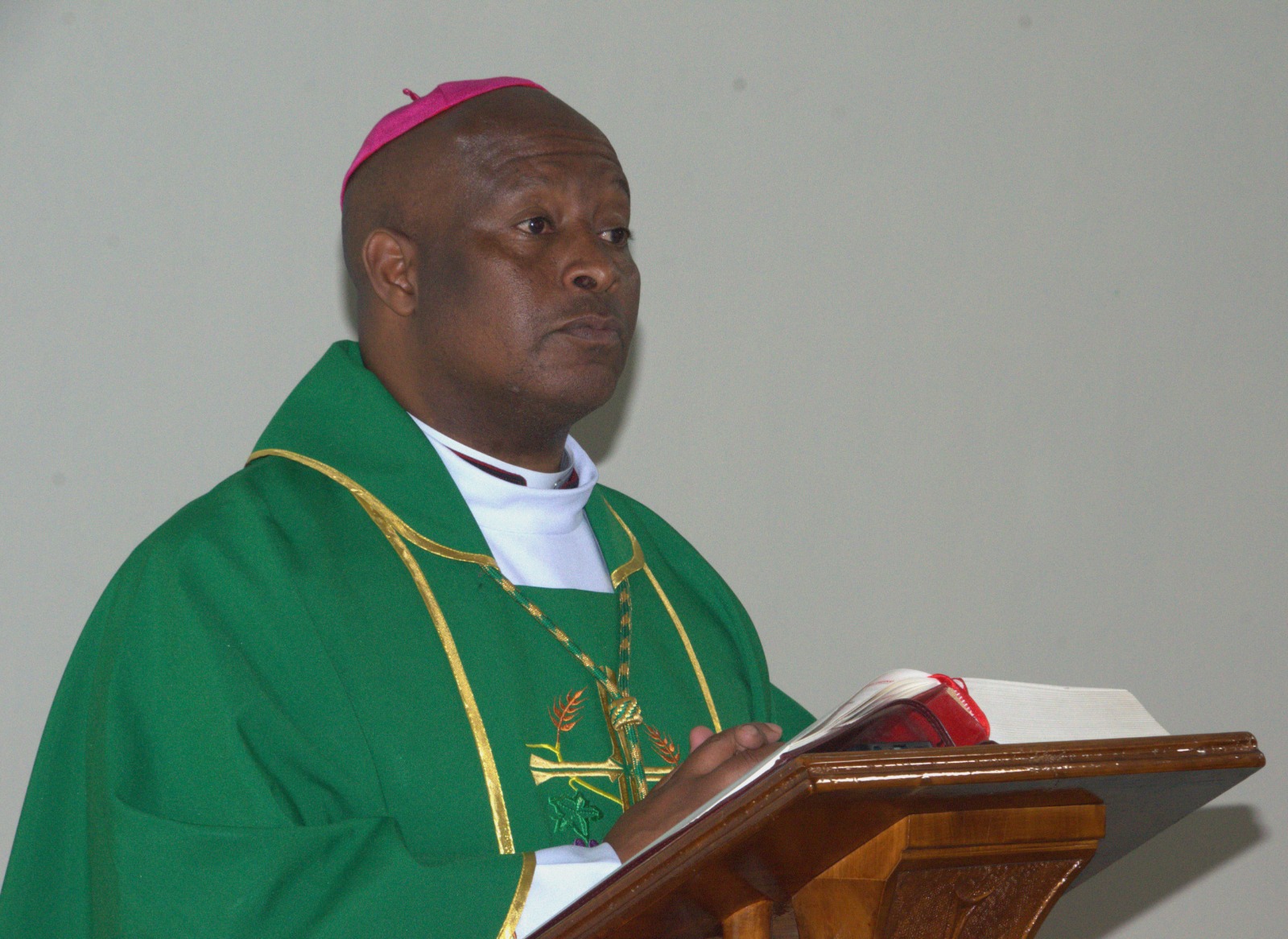By Paschal Norbert
NAIROBI, NOVEMBER 20, 2025 (CISA) – Catholic media practitioners have been challenged to reclaim the Church’s prophetic voice, deepen collaboration, and uphold doctrinal integrity in a rapidly changing digital landscape. The call was made by Rt. Rev. Bishop Wallace Nganga, Chairman of the Kenya Conference of Catholic Bishops (KCCB) Commission for Social Communications, as he officially opened the weeklong annual gathering of national diocesan communication coordinators and media directors.
In his keynote address, which set the tone for the national consultative meeting, Bishop Nganga warned that the mission of Catholic communicators is being tested by “rapid technological change, moral confusion, and widespread disinformation,” insisting that the Church must respond with renewed fidelity to its identity and mission.
The bishop opened his address by expressing his joy at meeting Catholic media professionals from across the country, stating “It gives me great joy to address you at this important consultative meeting organized by the Commission for Social Communications. This gathering comes at a providential moment, a time when the Church is called to renew her mission of evangelization in an age marked by rapid technological change, moral confusion, and widespread disinformation.”
He noted that this year’s theme, “Deepening Collaboration and Building Capacity for Effective Evangelization and Ethical Media Engagement,” is both timely and prophetic, saying it invites the Church to “rediscover communication as a sacred ministry” rooted in Christ, the Word made flesh.
Bishop Nganga stressed that Catholic media must remain firmly anchored in its identity, reminding communicators that they serve not merely as disseminators of information but as evangelizers and stewards of truth.
He emphasized this responsibility by declaring: “The work of Catholic media is not merely to inform but to form minds and transform hearts. As communicators of faith, we are called to be witnesses of truth, instruments of peace, and custodians of moral integrity in the digital age.”
He insisted that all Catholic radio stations, television channels, and publications must preserve and reflect the richness of the Catholic faith, “Maintaining Catholic identity in all our communications is essential. Programs, music, and content must reflect the fullness of the Church’s teaching, the beauty of the sacraments, and the richness of our spiritual tradition.”
The bishop gave a strong reminder that audiences depend on Catholic media for sound doctrine and genuine spiritual nourishment.
“The faithful turn to our media for intellectual, moral, and spiritual nourishment, and it is our responsibility to ensure that what they receive is doctrinally sound, culturally relevant, and uplifting,” he stated.
Addressing Catholic content creators, he posed a critical pastoral question: “What will make our Christians switch to our radios, television, or even read our publications?”
He then outlined the guiding principles for programming, anchored on Catholicity, doctrinal soundness, evangelizing music, and authentic storytelling. He urged communicators to ensure that their work becomes “a pulpit of hope, a mirror of truth, and a bridge of communion among peoples.”
With artificial intelligence reshaping global communication, Bishop Nganga warned that technology devoid of moral grounding can become destructive.
He explained, “Artificial Intelligence, while a powerful tool, must serve human dignity and truth. Technology without ethics becomes manipulation. Catholic media’s response must always uphold life, freedom, and moral conscience.”
He urged media houses to strengthen collaboration and reject competition, stating,
“We are not competitors; we are co-workers in God’s field (1 Corinthians 3:9). Sharing information, resources, and training opportunities will strengthen our collective voice and witness.”
Calling for unity among Catholic communicators, Bishop Nganga described collaboration not merely as teamwork but as a theological expression of the Church’s identity.
“Collaboration in our Catholic media is not simply working together for efficiency or convenience, it is a sacramental expression of communion,” he said.
He expanded the vision of unity by reminding participants that each media house has a unique contribution, “No voice is insignificant; every effort, when united, amplifies the message of Christ.” He encouraged radio stations, diocesan offices, publications, clergy, and religious to share skills, break down barriers, and uphold one another, especially during moments of moral or ethical challenge.
